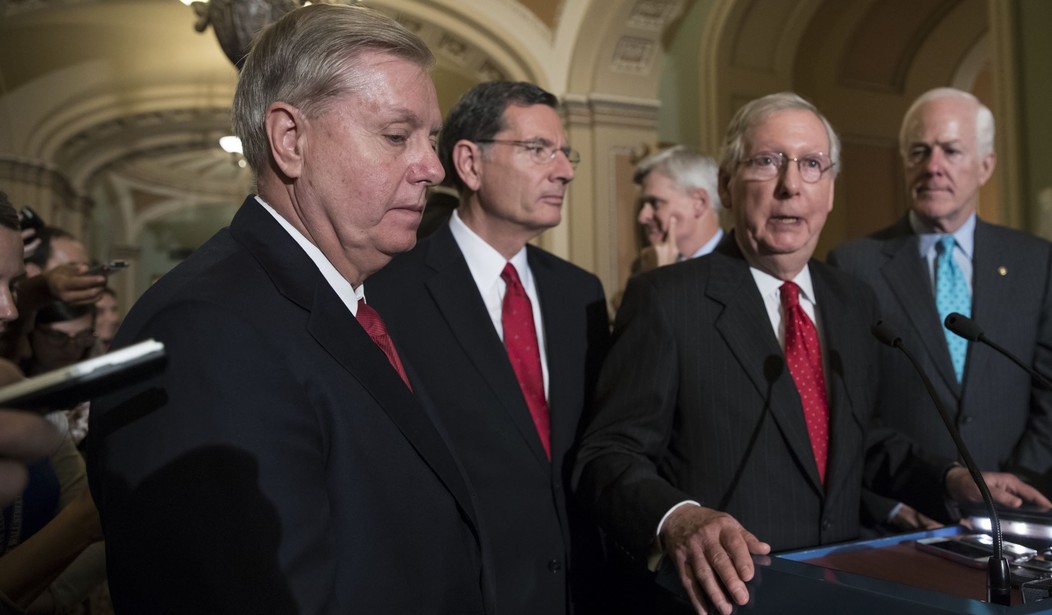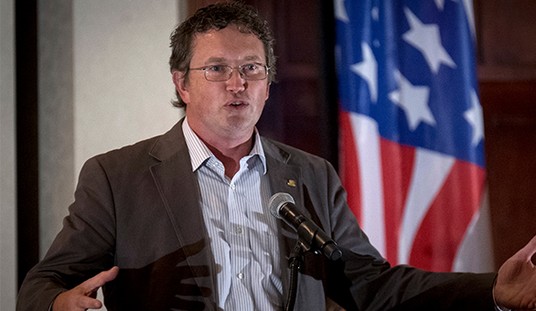Pres. Trump appears to be on course to be only the third one-term President in 40 years. The transition from one party to the other after a one-term Presidency is markedly different than the transition following two terms. In the latter circumstance, the outgoing Administration has a significant number of political appointees who are the second or third persons to occupy the position over the eight years of the Administration, and they took the position generally recognizing their “expiration date” would be the next election. Even if the White House did not change parties, a new POTUS would want to be able to put supporters into significant positions.
But when the transition comes after only one-term, most political appointees are not preparing to leave already as the election approaches and departures can be much more haphazard and unplanned. I was in my first year with DOJ in 1992 when George H.W. Bush lost to Bill Clinton, and I had a front-row seat to how that transition took place. I can’t express any opinions about other departments of agencies, but I can say that DOJ is heavily influenced in its functioning by the people who hold the position of US Attorney in the 93 US Attorneys’ Offices around the country. A very large percentage of the work done by DOJ takes place far outside Washington DC, and includes a significant amount of “discretionary” judgment at the local level about what cases to bring and what cases to decline. The oversight from DC comes almost exclusively from the Office of the Deputy Attorney General and the Attorney General, not other sections of Main Justice.
Last week there was news that four US Attorneys tasked by Attorney General Barr to look into various aspects of the “Russian hoax” have tendered their resignations — as has the Attorney General. Replacing US Attorneys who resign is covered by a specific statute — 28 U.S.C. Sec. 546. It provides that a replacement can be named by the Attorney General. Under these circumstances, the replacements will in all instances be someone in the office — you would not bring in someone from the outside for just a few weeks. Normally it is the “First Assistant” – the No.2 person in the Office — who is named “Acting U.S. Attorney.” That appointment is good for 120 days under the statute. If there is not a new US Attorney named and confirmed within that 120 days, the Judges of the District Court may name an “Interim U.S. Attorney” until the position is filled by a Senate-confirmed nominee. In my experience, the individual named by the Court is usually the same person who was appointed “Acting” in order to maintain continuity of operations. Also, because the “Acting U.S. Attorney” is someone well known to the Judges, they tend to favor that person for that reason as well.
The “First Assistants” are sometimes people the departing U.S. Attorney brought into the office when he/she first arrived, but most of the time the “First Assistant” is someone who is a career prosecutor who the newly appointed U.S. Attorney knows and has confidence in. I worked in offices with both types.
At the start of the Clinton Administration, the newly appointed U.S. Attorney had been an AUSA in a big city office, and when he was nominated and confirmed, he brought with him a former colleague from that big city office to be his First Assistant.
In my second office, the First Assistant had been with the office for 35 years and had been the First Assistant to four different U.S. Attorneys — two Democrat and two GOP U.S. Attorneys. He served as “Interim” or “Acting” U.S. Attorney five times, including one time when he was appointed by the Court for 2 years while the position was vacant.
The First Assistant normally oversees the day-to-day functioning of the Office, while the US Attorney spends more time interacting with other federal, state, and local agencies, as well as dealing with matters of “policy” at DOJ. In my experience, an incoming administration is reluctant to replace “Acting” or “Interim” U.S. Attorneys during a transition over issues of “politics”. Those individuals usually have support in the offices, with the District Court Judges who do not want DOJ dysfunction to infect the Court, and with state and local law enforcement agencies.
As the current US Attorneys resign to take positions in private practice, Attorney General Barr — for another week — and after that Acting Attorney General Rosen will be naming their “Acting” replacements. The current First Assistants were named to those positions by Trump-appointed US Attorneys. Their “Acting” appointments are good for 120 days, and are typically extended after that by the Judges in the District if a new US Attorney is not yet confirmed.
Given the events of the past four years, I expect nominees for the US Attorney positions to be rather far down the list of nominees to be acted upon by the Senate — and even after the nominees are first sent to the Senate, I expect Chairman Graham to take his time in bringing them up to the Committee. As he has said, the Democrats in the Senate rewrote the rules on how partisanship will play into the confirmation process, and he intends to play by the same rules now. It is likely that we will see “Acting” or “Interim” US Attorneys in dozens of key Districts for a substantial period of time. If the GOP is able to hold control of the Senate, I don’t expect any controversial nominees to be confirmed to any of the most significant DOJ positions. The US Attorneys’ Offices can function just fine with Trump Administration holdovers running the offices.














Join the conversation as a VIP Member